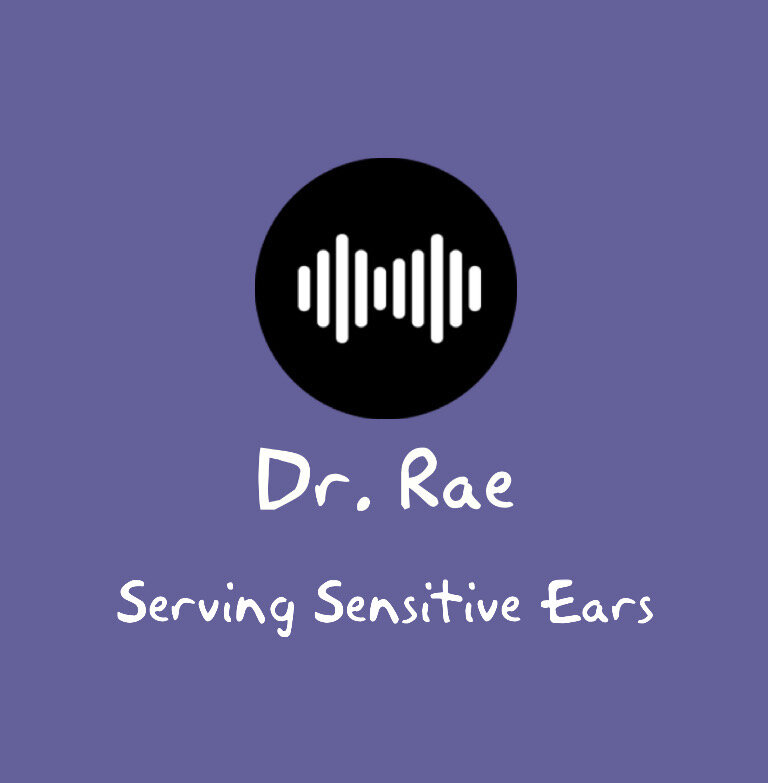Serving Sensitive Ears
Dr. Rae Stout, an audiologist, is one of the pioneers in the development and applications of low-gain programming of digital hearing devices in the treatment of auditory processing and sensitivity disorders.
Individuals with sensory processing difficulties, including Auditory Processing Disorder, ADHD, dyslexia, and autism often experience an inability to hear and understand speech and environmental cues in the presence of background noise or other sensory distractions.
Children and adults with hyperacusis and misophonia experience heightened sensitivity to everyday sounds, which can lead to discomfort, anxiety, or even anger.
Want to learn more about us directly from patients and parents?
Consider joining our Auditory Processing and Sensitivity Disorders Facebook Community of over 10,000 members!
See Facebook Link at bottom of page.
Does your child seem isolated or cut off from language or interaction?
Listening is far more than just hearing.
Hearing may occur in the ears, but comprehension takes place in the brain.
Types of Auditory Sensitivities and Filtering Difficulties
“I try so hard to hear every word that, later, I don’t have space to remember anything that I heard.”
“I get so exhausted listening in noisy places that, sometimes, I wonder if I’d be better off if I didn’t hear at all.”
The common factor seems to be an inability to filter or process sensory information. Auditory processing is a subset of sensory processing, as hearing is one of the senses.
Tinnitus and hyperacusis tend to originate or be correlated with hearing loss, as a result of damage to the outer hair cells in the cochlea. Hyperacusis and misophonia often overlap with each other as they are related to difficulty with tolerating sounds, whether they are soft or repetitive sounds (misophonia) or loud sounds (hyperacusis).
Misophonia is shown to color everything red due to the rage/anger often elicited as a response to body-produced noises.



